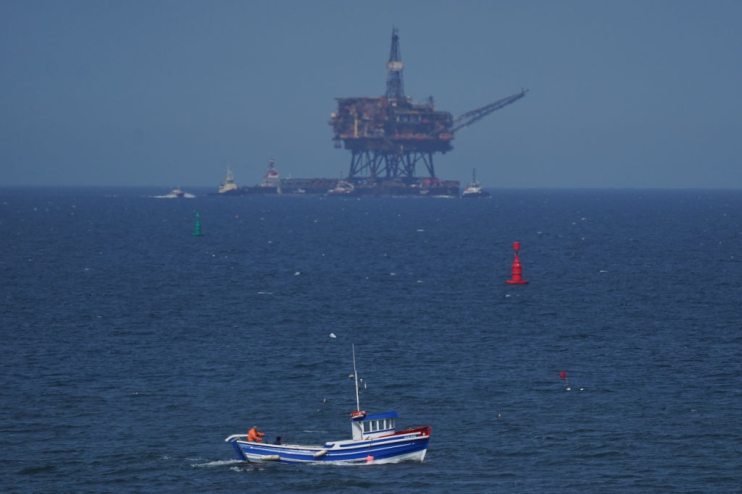Oil prices drop amid concerns of reduced travel demand as Omicron spreads worldwide

Oil prices continued to fall on Wednesday after the International Energy Agency (IEA) warned earlier this week that global demand could be dented by the Omicron variant.
Brent Crude dropped nearly one per cent to $73 per barrel, while WTI has dipped below $70 again after last week’s recovery.
The IEA lowered its forecast for oil demand this year and the next by 100,000 barrels per day in its latest monthly report.
In particular, it expects jet fuel demand to suffer heavy blows as the Omicron variant spreads, with the potential for travel curbs and pandemic restrictions.
Meanwhile, key markets such as the UK have now imposed new pandemic measures such as mask mandates indoors and vaccine passports for large gatherings.
This follows warnings from the World Health Organization on Tuesday the Omicron variant was spreading at an “unprecedented” rate, alongside fears from the UK Health Security Agency that 200,000 people were being infected every day in the country.
The developments reflect a rapidly changing outlook towards the variant, with investors formerly bullish following reports of the milder nature of the new variant and the effectiveness of booster jabs.
This formerly upbeat perspective was outlined by the Organization of the Petroleum Exporting Countries (OPEC) as recently as Monday.
In contrast to the IEA, it raised its world oil demand forecast for the first quarter of 2022 and stuck to its timeline for a return to pre-pandemic levels of oil use.
Craig Erlam, senior market analyst at OANDA told City A.M. that the uncertainty over demand was less of a factor than the expected surplus, with OPEC+ projecting potential excesses of 3.8m barrels in March.
He said: “Ultimately, the important thing is that the market is back in surplus and the demand outlook is uncertain at best as we see omicron surges everywhere and restrictions are reimposed. The picture will become clearer but the only thing that’s clear right now is that the market is once again oversupplied. How much will depend on how the next few weeks go but it’s not looking good.”
OPEC+, which includes OPEC and producers such as Russia, still plans to boost supply every month by 400,000 barrels per day after sharply cutting output last year.
Both benchmarks also suffered from market expectations of faster stimulus tapering by the US Federal Reserve, which meets later this week.
This supported the dollar which stayed near one-week highs on Tuesday, consequently weighing down on oil prices.